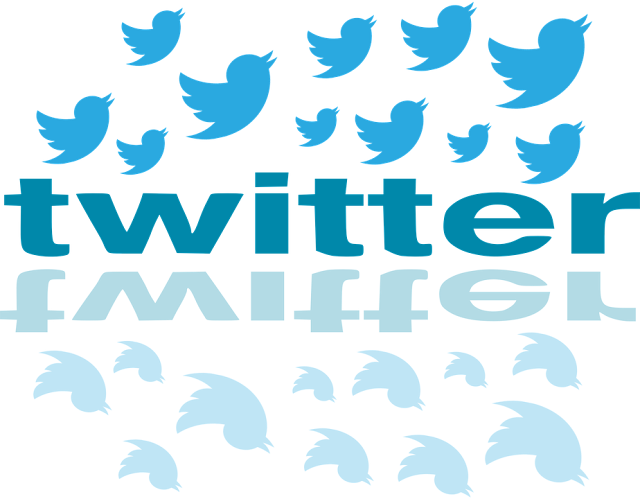Hashtags are used on Twitter, Facebook and Instagram. The # symbol goes in
front of a word or words to group that tweet or post with other tweets or posts about the same topic.
front of a word or words to group that tweet or post with other tweets or posts about the same topic.
Twitter made the Hastags mega-popular. Nowadays, you can see it everywhere. Social media have popularized the use of #hashtag, but many people actually still don't know how to use it properly. Some don't use it enough, others overuse it.
Many people don't know how to use it properly, which is another important issue. Not using it makes you literally invisible for the wide audience, while overusing it makes you look tacky. However, not using "#" at all will certainly downgrade your blog, writing or product. Using #hashtag for SEO purposes is even more significant. Here are the key reasons why writers and bloggers should include #hashtags in their articles. Additionally, we offer some tips on how to use it.
1. The biggest reason why including a #hashtag in your blog post or article is the fact that once you do so, you become visible. Imagine you dressed up and stayed at home, alone. This is what, today - in the world of fast living and social media explosion, your article looks like when you post it without this tiny sign. On the other hand, when you hashtag a word, even the users who were not following your work before get to know it, as these four lines launch your writing straight into their world. It is as if you dressed up, went out and bumped into a group of 1000 people having a party. And you joined.
2. #Hashtag links the audience to businesses or blogs of their interest. This means it links you to your readers and customers. Effortlessly! It subjects the content to millions of eyes in no time. Simply put, readers and potential customers make the research via hashtags. # pushes your blog post or article forward, making it show up in Google search. This is a free of charge and easy way to promote your article, blog or business and literally bring people to your content, rather than letting you search for them.
3. "#" is a powerful SEO tool. The relation between SEO and hashtag has multiple sides and represents a rather tight correlation. First of all, search engine optimization website developers can use this sign to research the trending ideas, products, writings and - basically anything! Additionally, as SEO is interested in important keywords, understanding what is important for people in some point makes the hashtag culture relevant for SEO. The bottom line is, # increases traffic and if a certain content or account has high traffic, all the associated websites gain extraordinary SEO benefits.
4. Event promotion. Writers who write about events will significantly increase their visibility if they use hashtags properly. The same goes for promotions, sales and discounts, as these are the best times to gain new customers or readers.
5. Hashtags create waves. Literally, if you use a popular hashtag you can join the already built wave of popularity and benefit from it. For example, you can pick one of the hashtags offered on the lists of the most popular #, join the wave and wait for the amazing results.
6. It allows the readers to follow discussions or your writing long after you had posted it. In this way, both the readers and the writers are happy, as the content trends over a longer period of time and people who are really interested into the topic can follow it more thoroughly.
How to use # hashtag?
Use relevant hashtags. If you are not a pro (and you are aspiring to become one), simply use the appropriate hashtag from the trending list. Furthermore, mark only relevant words (or group of words). Don't hashtag too many words, either together or apart. Be specific. You do want to widen your audience, but you also want to attract a targeted group of people. Consider using the #hashtag for the tagline, not the name of the brand or your blog itself. Additionally, if you are using hashtags for your writing, don't be bound to the popular hashtags. Feel free to # the words closely related to the content you are writing about. In the end, don't hashtag every article, blog post or writing, as this can be pushy and you can lose the audience if your hashtags don't offer substantial information. Do use #hashtag to expand your audience, gain more visibility and extend the limits of the reach of your writing.



